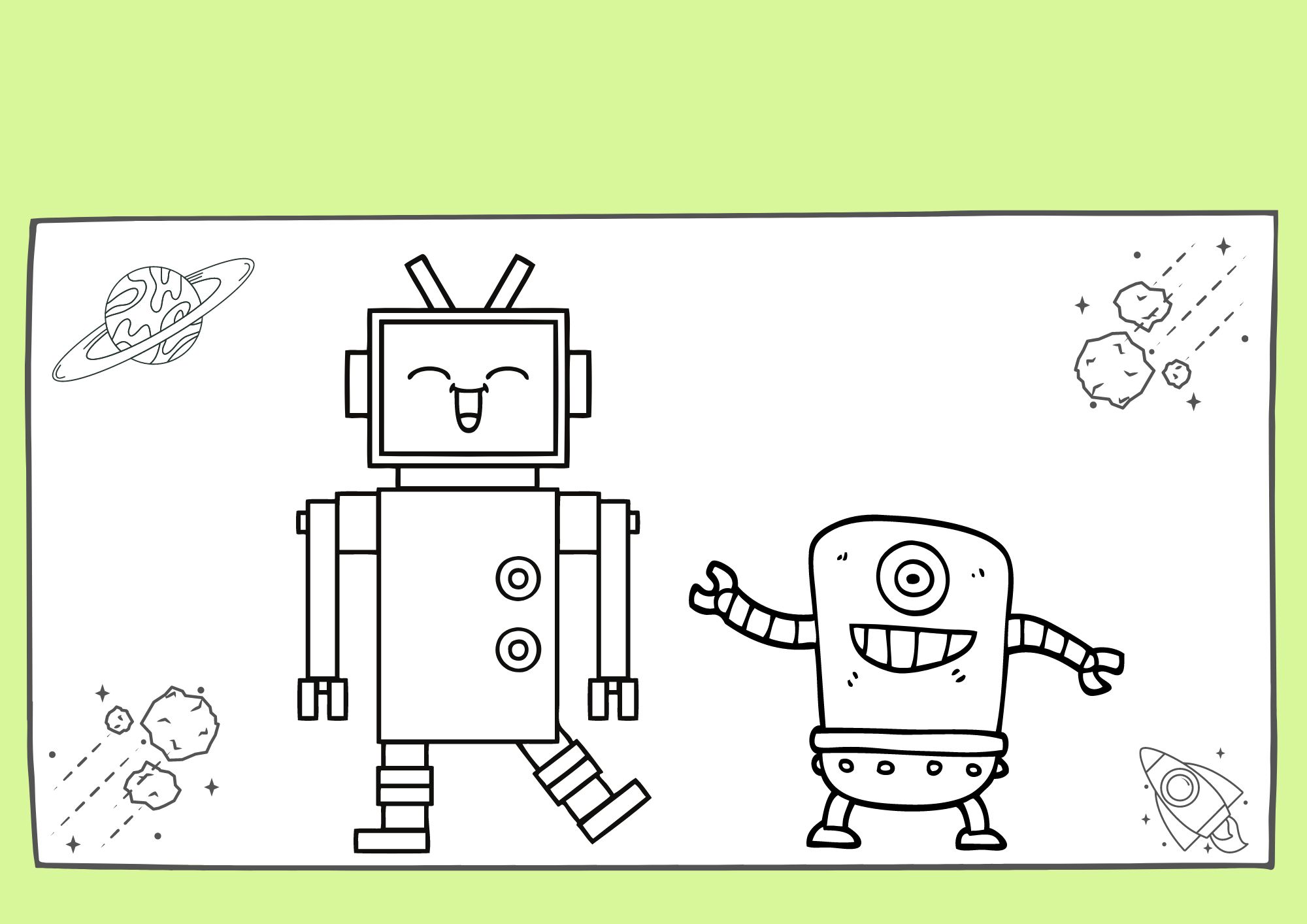
A. Look at these examples:
How shall we travel? Shall we drive or go by train?
Let’s drive. It’s cheaper.
Don’t go by train. It’s more expensive.
Cheaper and more expensive are comparative forms.
After comparatives you can use than :
- It’s cheaper to drive than go by train.
- Going by train is more expensive than driving.
B. The comparative form is -er or more …
| We use -er for short words (one syllable): cheap → cheaper fast → faster large → larger thin → thinner We also use -er for two-syllable words that end in -y (-y → -ier): lucky → luckier early → earlier easy → easier pretty → prettier |
We use more … for longer words (two syllables or more): |
Compare these examples:
|
|
We use both -er or more … with some two-syllable adjectives, especially:
clever narrow quiet shallow simple
- It’s too noisy here. Can we go somewhere quieter? or … somewhere more quiet?
C. A few adjectives and adverbs have irregular comparative forms:
good/well → better
- The garden looks better since you tidied it up.
- I know him well – probably better than anybody else knows him.
bad/badly → worse
- How’s your headache? Better?’ ‘No, it’s worse.
- He did very badly in the exam – worse than expected.
far → further (or farther)
- It’s a long walk from here to the park – further than I thought. (or farther than)
Note that further (but not farther) also means ‘more’ or ‘additional’:- Let me know if you hear any further news. (= any more news)
Try this exercise to test your grammar.
Ready to elevate your teaching career?
Join thousands of certified educators worldwide who have transformed their careers with our internationally recognised teacher training programs.










.png)
Feedback
Total score is 2 out of 8 (25%)
B1-B2 Grammar : Comparative (cheaper, more expensive)
Choose the correct word.